
Congratulations to all members of the Department who have recently been awarded research grants. Here is our round-up of the latest funding successes. (more…)

Congratulations to all members of the Department who have recently been awarded research grants. Here is our round-up of the latest funding successes. (more…)

Congratulations to all members of the Department who have recently been awarded research grants. Here is our round-up of the latest funding successes.
Please note, this list comprises awards that have recently been set up on College’s grants management system, with some manual additions. It may not, therefore, include all new grants awarded to Principal Investigators in the Department. (more…)
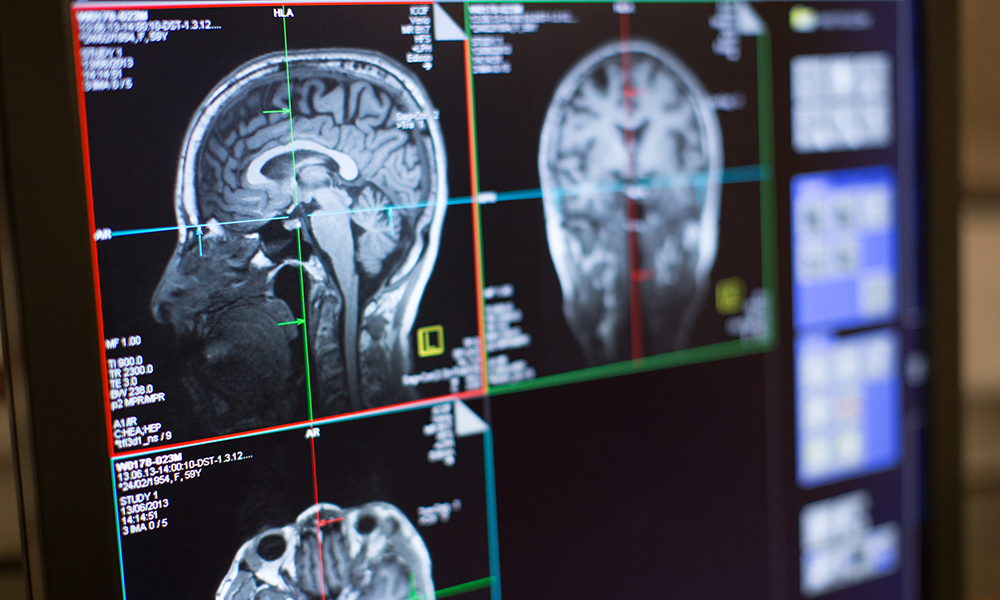
Congratulations to members of the Department who have recently had their research findings published. Here’s our round-up of the latest publication successes.
To ensure the quality and accuracy of the information published on this blog, we source our data directly from Symplectic. Our reports are generated on a monthly basis, which means there may be a delay in publicising some publications. (more…)
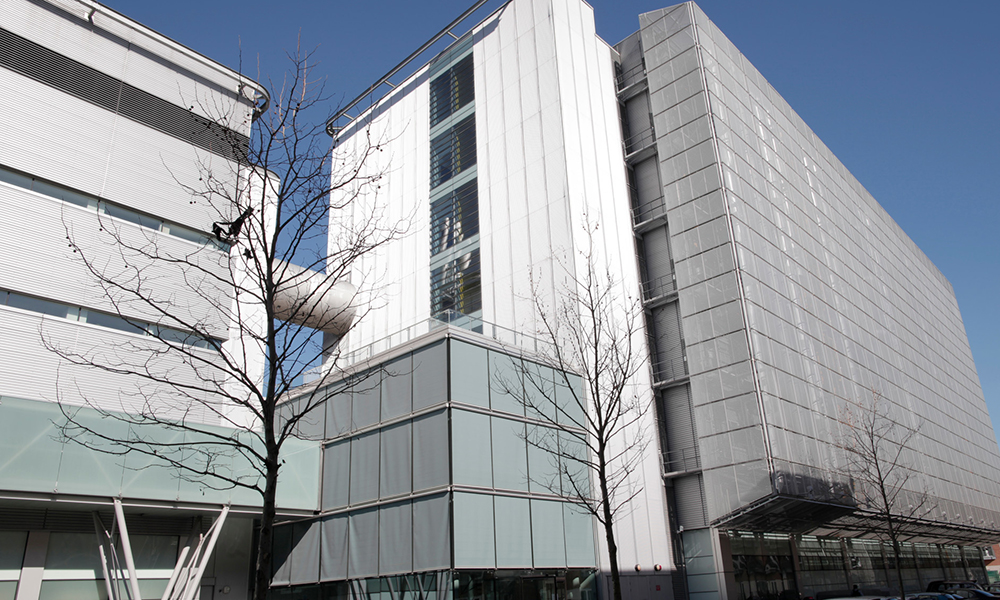
Congratulations to all members of the Department who have recently been awarded research grants. Here is our round-up of the latest funding successes.
Please note, this list comprises awards that have recently been set up on College’s grants management system, with some manual additions. It may not, therefore, include all new grants awarded to Principal Investigators in the Department. (more…)

Congratulations to members of the Department who have recently had their research findings published. Here’s our round-up of the latest publication successes.
To ensure the quality and accuracy of the information published on this blog, we source our data directly from Symplectic. Our reports are generated on a monthly basis, which means there may be a delay in publicising some publications. (more…)
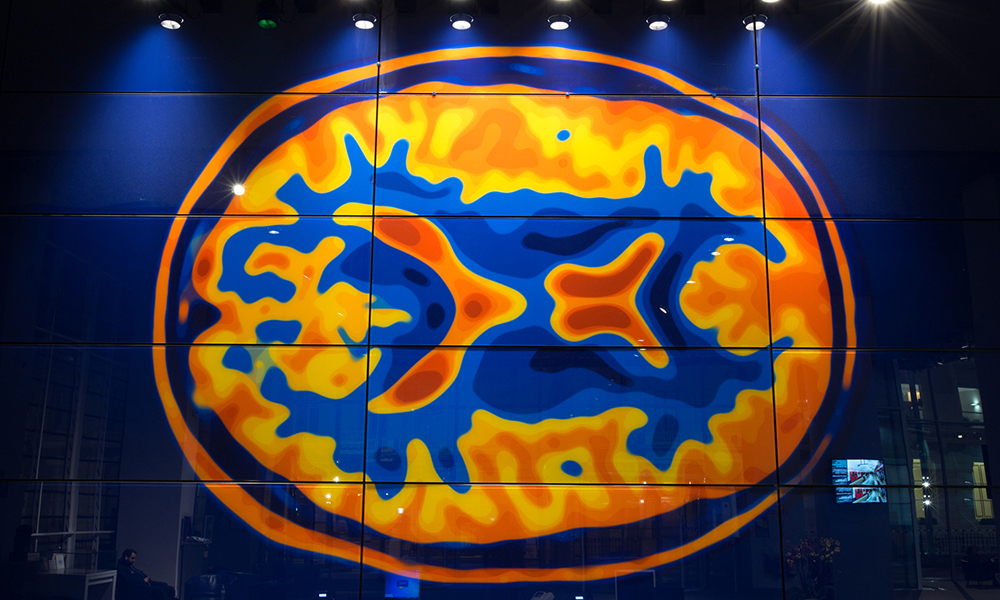
Congratulations to members of the Department who have recently had their research findings published. Here’s our round-up of the latest publication successes.
To ensure the quality and accuracy of the information published on this blog, we source our data directly from Symplectic. Our reports are generated on a monthly basis, which means there may be a delay in publicising some publications. (more…)
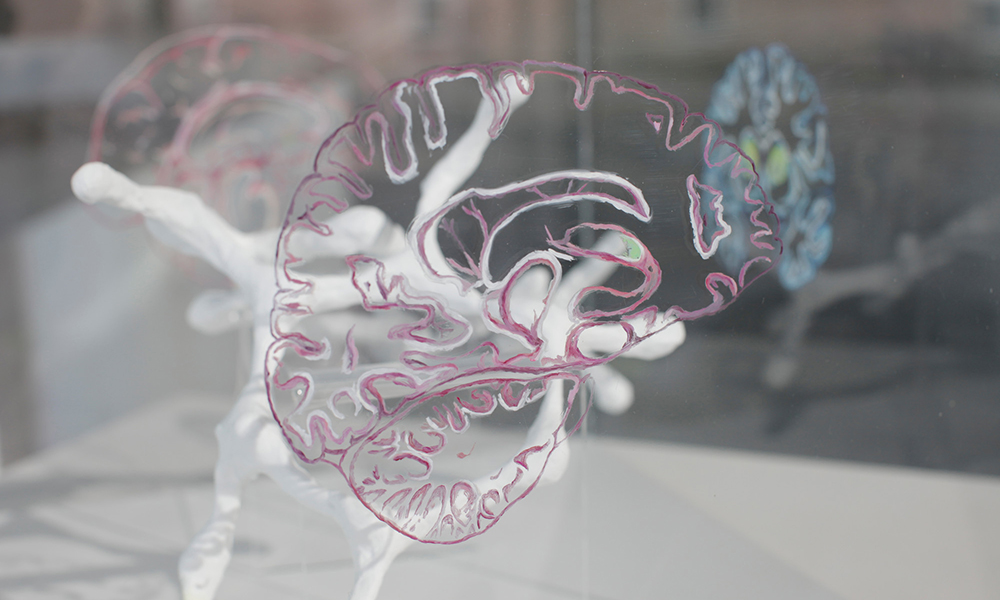
Congratulations to members of the Department who have recently had their research findings published. Here’s our round-up of the latest publication successes.
To ensure the quality and accuracy of the information published on this blog, we source our data directly from Symplectic. Our reports are generated on a monthly basis, which means there may be a delay in publicising some publications. (more…)

Congratulations to members of the Department who have recently had their research findings published. Here’s our round-up of the latest publication successes.
To ensure the quality and accuracy of the information published on this blog, we source our data directly from Symplectic. Our reports are generated on a monthly basis, which means there may be a delay in publicising some publications. (more…)

Congratulations to all Principal Investigators in the Department who have recently been awarded research grants. Here is our round-up of the latest funding successes. (more…)
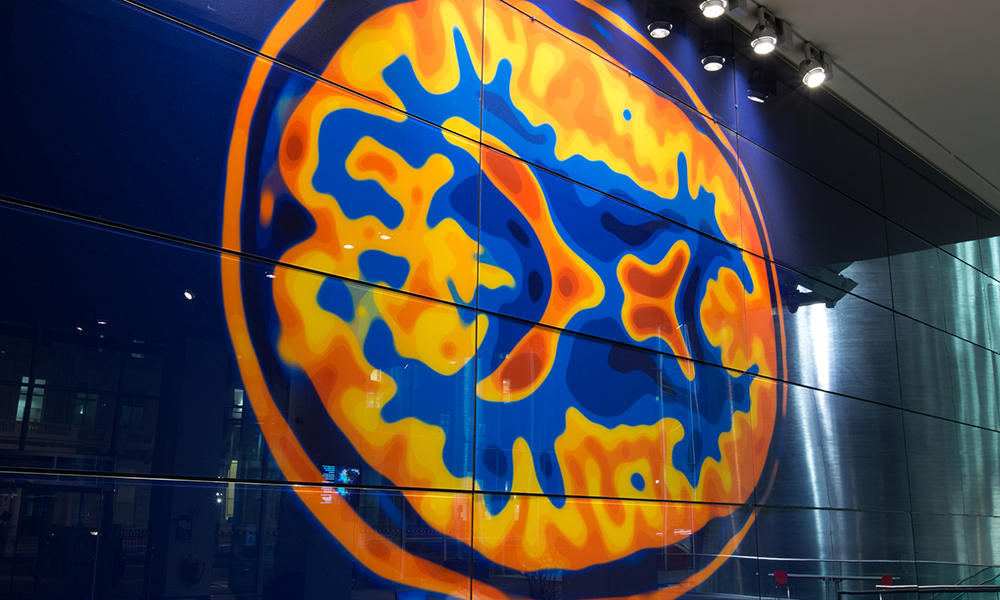
Congratulations to members of the Department who have recently had their research findings published. Here’s our round-up of the latest publication successes.
To ensure the quality and accuracy of the information published on this blog, we source our data directly from Symplectic. Our reports are generated on a monthly basis, which means there may be a delay in publicising some publications. (more…)